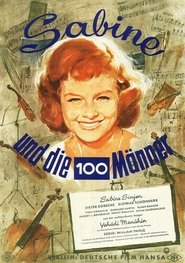detail profile yehudi menuhin
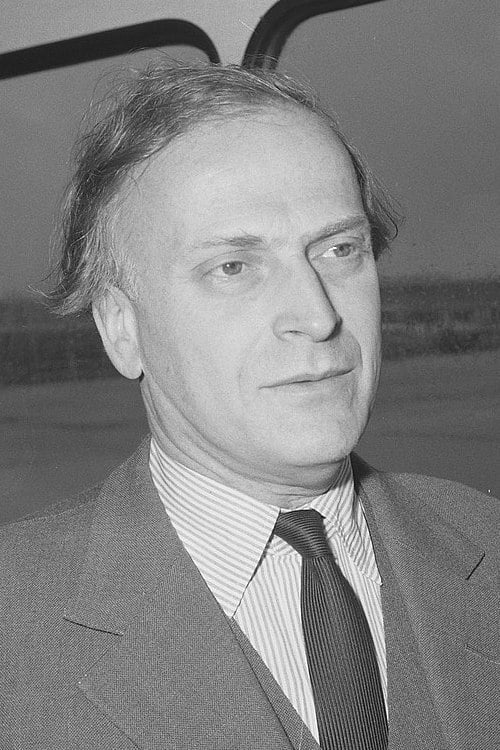
Riwayat Hidup
Yehudi Menuhin, Baron Menuhin, (22 April 1916 – 12 March 1999) was an American-born violinist and conductor who spent most of his performing career in Britain.
He is widely considered one of the great violinists of the 20th century.
He played the Soil Stradivarius, considered one of the finest violins made by Italian luthier Antonio Stradivari.
Yehudi Menuhin was born in New York City to a family of Lithuanian Jews.
Through his father Moshe, he was descended from a rabbinical dynasty.
In late 1919, Moshe and his wife Marutha (née Sher) became American citizens, and changed the family name from Mnuchin to Menuhin.
Menuhin's sisters were concert pianist and human rights activist Hephzibah, and pianist, painter and poet Yaltah.
Menuhin's first violin instruction was at age four by Sigmund Anker (1891–1958); his parents had wanted Louis Persinger to teach him, but Persinger refused.
Menuhin displayed exceptional musical talent at an early age.
His first public appearance took place as an accompanist to another child prodigy, pianist Viola Walters, at the Imperial Theater’s Golden Hour Saturday matinee on January 21, 1921.
Menuhin was five years old at the time.
Two years later, when he was seven years old, Menuhin appeared as solo violinist with the San Francisco Symphony Orchestra in 1923.
Persinger then agreed to teach him and accompanied him on the piano for his first few solo recordings in 1928–29.
Julia Boyd records: " On 12 April 1929 it [the Semperoper] cancelled its advertised programme to make way for a performance by the twelve-year-old Yehudi Menuhin.
That night he played the Bach, Beethoven and Brahms violin concertos to an ecstatic audience .
.
.
The week before, Yehudi had played in Berlin with the Philharmonic under Bruno Walter to an equally rapturous response.
"
A newspaper critic said of his Berlin performance: "There steps a fat little blond boy on the podium, and wins at once all hearts as in an irresistibly ludicrous way, like a penguin, he alternately places one foot down, then the other.
But wait: you will stop laughing when he puts his bow to the violin to play Bach's violin concerto in E major no.
2.
"
When the Menuhins moved to Paris, Persinger suggested Menuhin go to Persinger's old teacher, Belgian virtuoso and pedagogue Eugène Ysaÿe.
Menuhin did have one lesson with Ysaÿe, but he disliked Ysaÿe's teaching method and his advanced age.
Instead, he went to Romanian composer and violinist George Enescu, under whose tutelage he made recordings with several piano accompanists, including his sister Hephzibah.
He was also a student of Adolf Busch in Basel.
He stayed in the Swiss city for a bit more than a year, where he started to take lessons in German and Italian as well.
According to Henry A.
Murray, Menuhin wrote: "Actually, I was gazing in my usual state of being half absent in my own world and half in the present.
I have usually been able to "retire" in this way.
I was also thinking that my life was tied up with the instrument and would I do it justice?" — Yehudi Menuhin, personal communication, 31 October 1993.
.
.
.
Source: Article "Yehudi Menuhin" from Wikipedia in English, licensed under CC-BY-SA 3.
0.
Info Pribadi
Peran Yang Di Mainkan Yehudi Menuhin
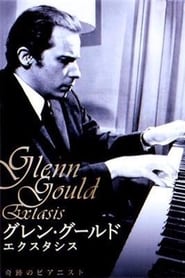 A collection of recollections and opinions...
A collection of recollections and opinions...Glenn Gould: Extasis 1993
A collection of recollections and opinions of and about Glenn Gould, interspersed with excerpts of archive footage of the great Canadian pianist speaking and playing.
 Documentary about sixteen great conductors of...
Documentary about sixteen great conductors of...The Art of Conducting: Great Conductors of the Past 1993
Documentary about sixteen great conductors of the 20th century.
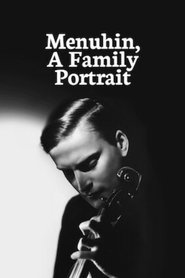 Interviews footage and photos profile violinist...
Interviews footage and photos profile violinist...Menuhin, A Family Portrait 1991
Interviews, footage and photos profile violinist Yehudi Menuhin as prodigy, musician, husband, father and teacher.
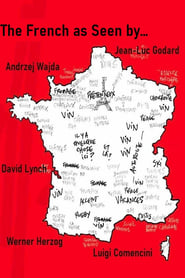 In 1988 Figaro magazine asked a few...
In 1988 Figaro magazine asked a few...The French as Seen by… 1988
In 1988, Figaro magazine asked a few famous directors to direct a series of short movies to celebrate the 10 years of the revue. The movies have been released for the French revolution bicentenary. Includes: Werner Herzog's Les Gaulois, David Lynch's The Cowboy and the Frenchman, Andrzej Wajda's Proust contre la déchéance, Luigi Comencini's Pèlerinage à Agen, Jean-Luc Godard's Le dernier mot.
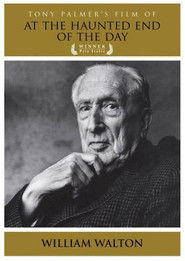 A documentary by Tony Palmer on...
A documentary by Tony Palmer on...At the Haunted End of the Day 1981
A documentary by Tony Palmer on English composer Sir William Walton (1902–1983), made shortly before his death. The film includes the only full-length interview ever recorded with Walton. Filmed at his home on Ischia and in Oxford, London & Oldham, it includes contributions from Laurence Olivier, Sacheverell Sitwell and Lady Susana Walton. Specially performed extracts of his music are conducted by Simon Rattle in his first substantial contribution to television when he was in his early 20s, with Simon Preston, Julian Bream, Yvonne Kenny, Yehudi Menuhin, Iona Brown, John Shirley-Quirk, Elgar Howarth & Ralph Kirshbaum, the Philharmonia Orchestra, the Grimethorpe Colliery Band, Christ Church Cathedral Choir, Oxford & Los Paraguayos.
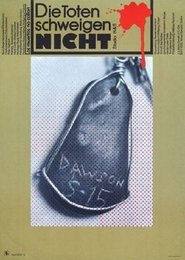 Moy de Toh and Isabel Letelier...
Moy de Toh and Isabel Letelier...The Dead Are Not Silent 1978
Moy de Tohá and Isabel Letelier tell their story. They are the widows of two Defence Ministers of the Unidad Popular, who knew too much.
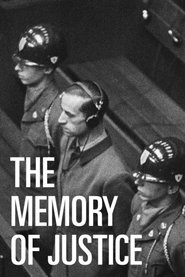 This exceptional disturbing and thoughtprovoking twopart...
This exceptional disturbing and thoughtprovoking twopart...The Memory of Justice 1976
This exceptional, disturbing, and thought-provoking two-part documentary compares the atrocities committed by the Nazis as revealed during the Nuremberg trials to those committed by the French in Algeria and those done by the Americans in Vietnam. The four-hour epic questions the right of any country to pass self-righteous moral judgements upon the actions of another country.
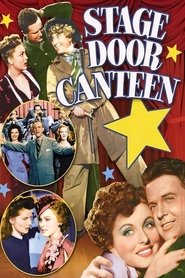 A young soldier on a pass...
A young soldier on a pass...Stage Door Canteen 1943
A young soldier on a pass in New York City visits the famed Stage Door Canteen, where famous stars of the theater and films appear and host a recreational center for servicemen during the war. The soldier meets a pretty young hostess and they enjoy the many entertainers and a growing romance
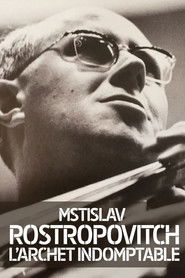
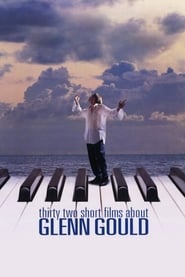 A collection of vignettes highlighting different...
A collection of vignettes highlighting different...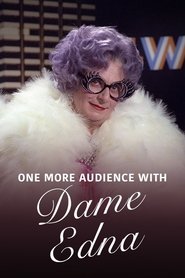 The gloriously glamorous Dame Edna entertains...
The gloriously glamorous Dame Edna entertains...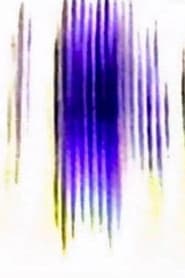 A visual exercise which aims to...
A visual exercise which aims to...